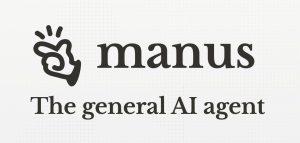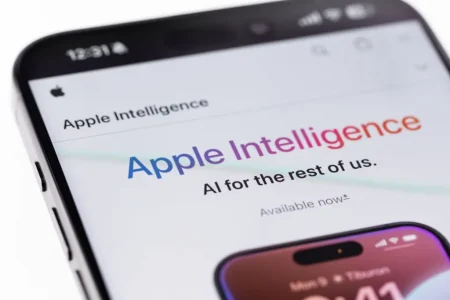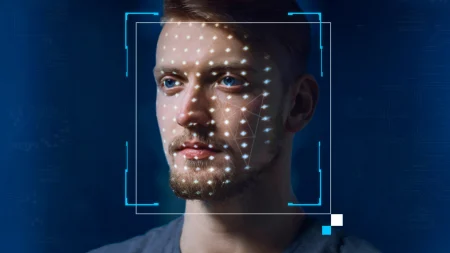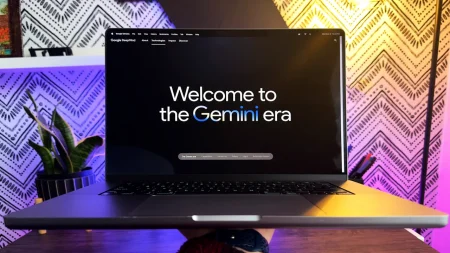As Kerala bans sharing study material on WhatsApp, Adarsh looks at the pros and cons of the decision…
Recently, the Kerala Directorate of Higher Secondary Education announced that it has banned the sharing of study material through WhatsApp and other social media platforms. The reasoning behind this is that learning should be classroom-centric and not diluted by external digital sources.
To ensure this rule is implemented and followed, Higher Secondary Academic Joint Director Suresh Kumar revealed that regional deputy directors have been tasked with conducting regular inspections in schools across Kerala.
Reason Behind the Decision
Due to the closure of educational institutions during Covid-19 and the immediate post-pandemic phase, schools had adapted to a digital learning setup. Classes and exams were held online and digital notes sharing also became popular.
But even as schools reopened and classes became in-person again, the online notes sharing has persisted. Parents across the State were concerned about this and had raised a formal complaint with the Directorate which prompted the aforementioned decision.
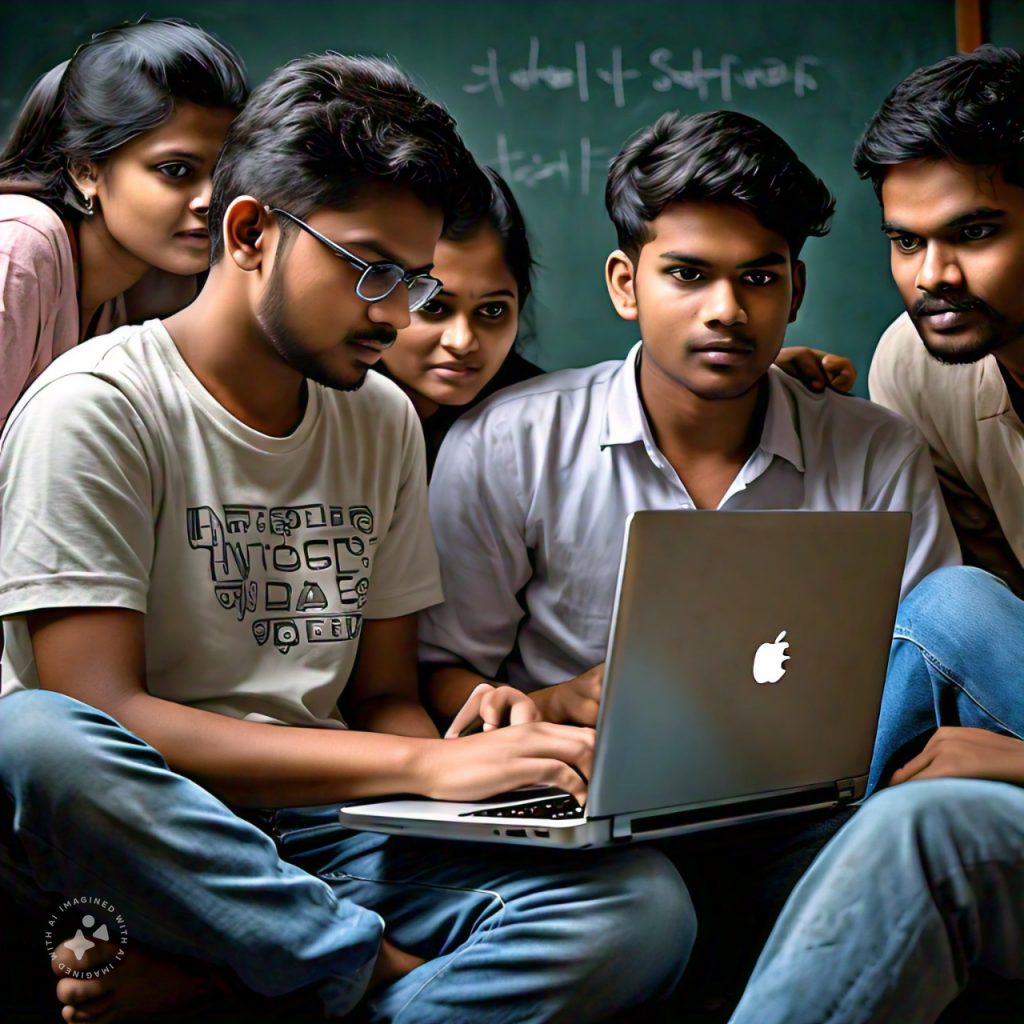
Pros for the Students
The fact that handwritten notes is better in term of engagement and memory retention is a no-brainer so it is quite obvious why the Directorate announced this mandate but there are several other reasons behind the decision.
Unlike typing which can be a passive activity, handwritten notes make the students think more critically about the information. It helps them absorb knowledge and understand it at a deeper level. The slower pace of handwriting also helps in better attention to detail and retention of information.
Writing also improves memory as it engages the sight, touch as well as the sound of pen on paper, thereby creating neural pathways. Moreover, handwritten notes offer more creative ways to structure information as compared to typing which can be unidimensional. Students can even sketch ideas or use visual aids like diagrams.
Handwritten notes also ensure enhanced focus as there is no scope of distractions like when you’re using a smartphone or laptop where the tendency to multitask is high. It also reduces screentime which will help in avoiding burnout.
Also, in online material there is more scope for errors as they go unnoticed. In handwritten notes, it becomes easier to notice and fix errors and this also ensures they are not repeated.
Cons for the Students
But it also needs to be acknowledged that there are several advantages to digital notes which will be lost now that they have been banned. For instance, this decision will reduce limit the access to notes for students who rely on online material due to financial constraints or physical lack of resources.
Group studies and collaboration between students will also be impacted. It also becomes difficult to share notes. Photocopying is an option but it might be limiting to students with financial constraints.
Moreover, for all the advantages of handwritten notes, manual notetaking is a slow process and this will severely impact the productivity and time management of students with packed schedules.

The Last Word
All in all, it has to be concluded that the decision is a positive one. It is a much-needed reminder that traditional teaching and learning techniques have their merits and the decision has clearly been taken with the students in mind.
But at the same time, it also needs to be understood that we live in a digital age so the evolving needs of students should be considered as well. Maybe a balanced approach that acknowledges the benefits of traditional as well as digital methods is the way to go forward.
In case you missed:
- WhatsApp adds New Document Scanning Feature
- Why is Indian Education Sector facing Record Number of Cyberattacks?
- Elon Musk says X will now be payable for New Users
- 7 Online Scams to be Wary of in India
- 12 Ways to Protect Yourself from UPI Fraud
- How AI helped us find Plato’s Burial Site
- How Meta AI stopped Lucknow Woman from committing Suicide
- Meta AI launches on WhatsApp & Insta in India
- New Year, New Scam: All You Need to Know About Brushing
- Cloudflare’s One-Click Solution for Image Verification
